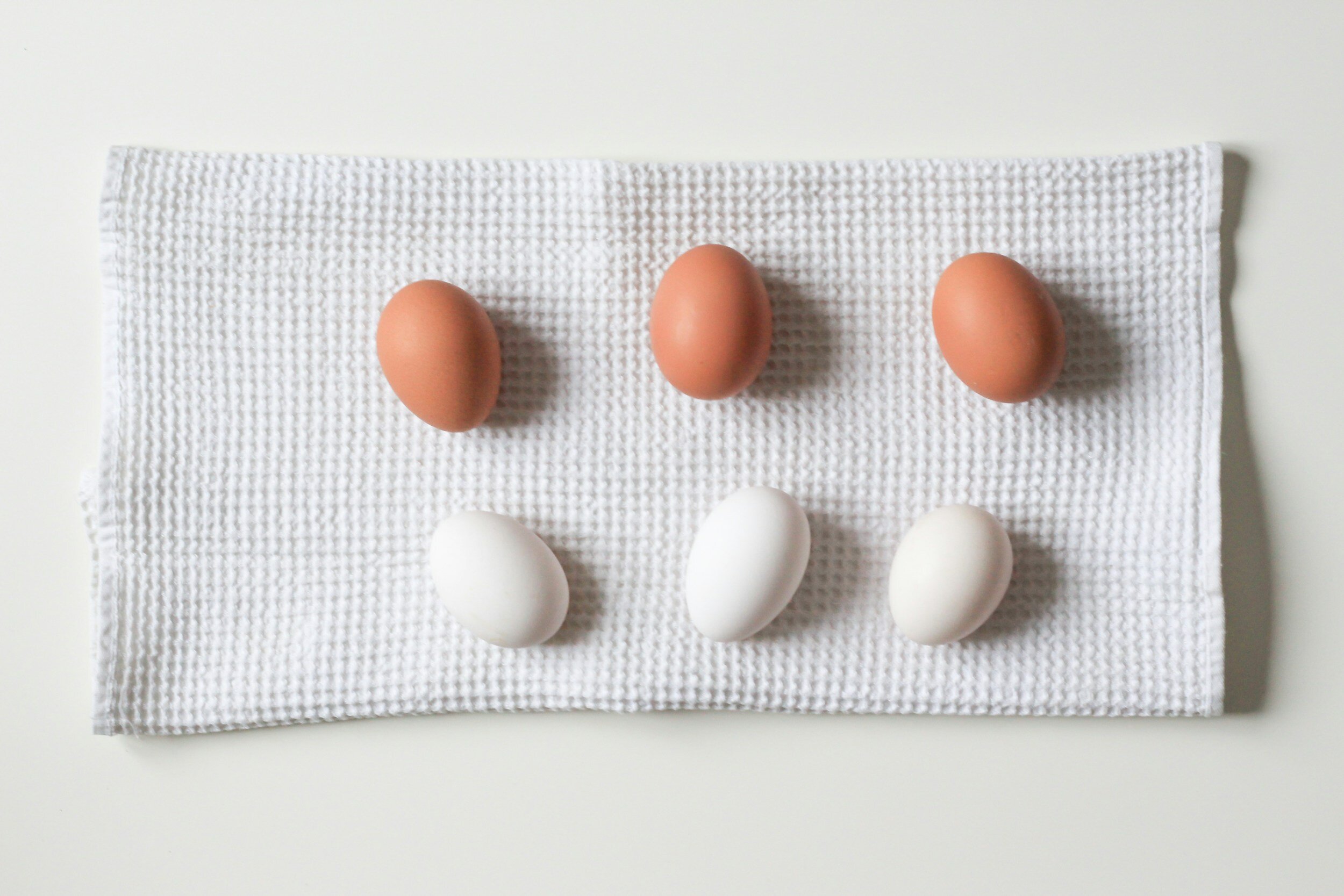Comparison Is the Thief of Joy — 3 Strategies To Cultivate Compassion
Have you ever heard the expression, "Comparison is the thief of joy?" It’s often attributed to President Theodore Roosevelt. But whoever said it, I know for sure that it evokes a powerful sentiment that can be life-changing.
If we compare ourselves to others, we may be left with feelings of inferiority or superiority — and neither creates an emotionally healthy human being!
Many people have talked to me about their self-esteem and self-worth issues. One of the things they mention as contributors to not feeling good enough is comparing themselves to friends, acquaintances, and strangers' social media posts.
Even if you don’t have this issue, it's normal for people to compare themselves to others in real life, too. We all have insecurities and often compare ourselves to people who seem to be doing much better than us, leaving us feeling envious or jealous.
Brené Brown, in Atlas of the Heart, says, "Envy occurs when we want something that another person has. Jealousy is when we fear losing a relationship or a valued part of a relationship that we already have."
Comparing is normal.
It's normal to compare ourselves to others because our brain needs us to fit in for our survival. If we didn't fit into the group, then we could be kicked out of the group, not have food and shelter, and then die.
Fortunately, we no longer just have to survive. We get to thrive, which means we can choose our thoughts and live the life we want.
Strategies To Stop Spiraling Down the Comparison Trap
When we sense our thoughts travelling down the road to comparison, it doesn’t feel great. Here are some practical strategies to stop the spiral.
1) Ask yourself what you admire about the other person.
When you’re comparing yourself to someone else, positive or negative, use it as information about what your brain would like more or less of in your life. You can think of this person as an inspiration for what you would like to work towards or perhaps see a not-so-desirable quality in yourself.
2) Consider why you want what they have.
In the case of one client, she was comparing herself to an acquaintance on Instagram. When she did this, the thought that popped into her mind was, "I should do/be more."
There are some flaws in that line of thinking, such as nothing is wrong with my client or her life. All of her choices have led her to where she is today, and a person's thoughts about their current circumstances create their feelings about it. It's possible that they’re doing the best they can and already have everything they desire if they can see it.
The second flaw is that we often compare ourselves and our lives to polished, filtered, staged, and edited examples of others and their lives. Social media is notorious for this. That picture-perfect (often airbrushed or maybe even computer-generated) photo isn't an accurate representation of all of the complexities and nuances of a person's life. Any of our lives could look perfect if we only look at one slice of time.
Sometimes, our brain tells us that other people's lives are easy or perfect, but the reality is that everyone has struggles and challenges sprinkled with great moments.
3) Embracing yourself and others with love.
Just because someone is doing some cool things doesn't mean anything about you. Our brain worries that love is scarce and that if someone else is loved more because of the image on Instagram, then there will be less love available for us, and therefore, our ability to fit into a group will be diminished. This scarcity mentality simply isn't true. Instead, try thinking about how wonderful it is that someone else is happy. It doesn't mean there’s any less happiness to go around. There’s more! Rising tides lift all boats — happy people are pleasant to be around and are kind to others.
Comparison steals our joy because our brain tells us we don’t measure up or aren’t good enough.
Fight back with grounded confidence, where you believe and act in ways that demonstrate that you are worthy of love and belonging just because you were born. You don't need to prove yourself to anyone.
Let’s take a closer look at the unintentional thoughts that lead to joy-stealing comparisons and how we can turn them around with some intentional thoughts.
Unintentional Thoughts
Thought - “I should be doing more.”
Feelings - sad, disappointed, anxious, jealous, envious
Body feels - heavy chest, gut punch
Action - start a whole bunch of new things, quit them all, feel exhausted
Results - more frustration and disappointment, and feeling worse
Intentional Thoughts
Thoughts - “I want to do more. How can I use this as inspiration? I can see that our journeys are different. I want to make a plan to do more of those things. It's good for them to live their best life, and that's cool for them, but that wouldn’t work for me at this time. I'm so proud of them. Rising tides lift all boats.”
Feelings - inspired, hopeful, excited
Body feels - butterflies
Action - do things that feel good to me, live my life with my goals and dreams, get inspired, and live my life for me and not for what other people think
Results - I live my best life and feel joy and happiness.
I hope it’s helpful for you to see how we can take a human behaviour as common as comparison and use it to foster compassion and grow our own confidence.


